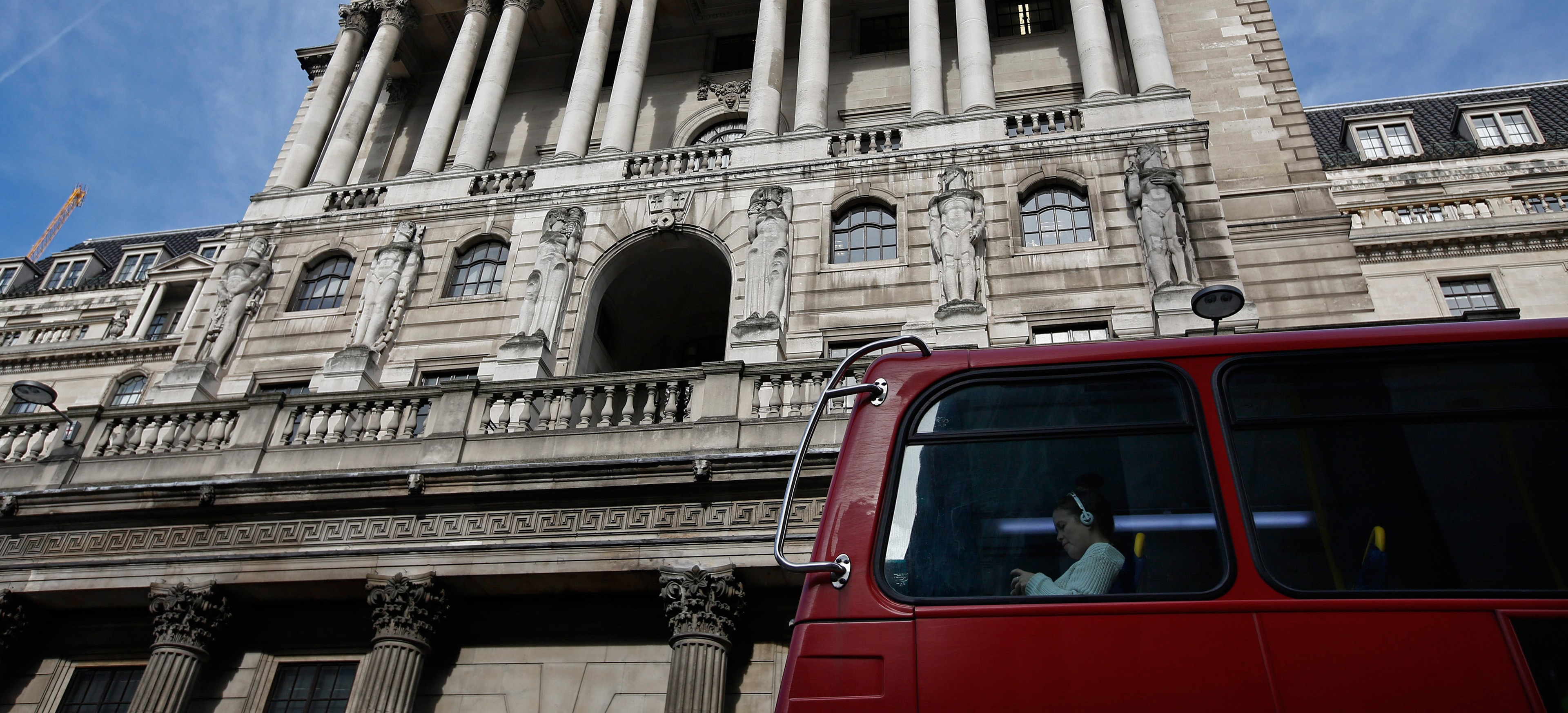In their latest debate, Republican contenders for the American presidency have attacked the Dodd-Frank regulation and have proposed scrapping the law if they take over after Obama's final term ends.
Enacted in 2010, the Dodd-Frank, or ' The Wall Street Reform and Consumer Protection Act' as it is officially called, was a direct response to the financial crisis of 2008 and to the perception that corrupt big banks and unscrupulous hedge funds were to blame. Seems to me to stereotype all banks as corrupt and all hedge funds as unscrupulous, and enacting a law on that notion is a bit over the top.
Many firms, brokers, and professionals that are being forced to comply with the numerous requirements complain that this is an overreaction that complicated Compliance and increased costs. They also say that there needs to be a better balance in the system and how regulators are punishing the banks with fines for outlandish amounts of money. So vague is some of the Regulation that banks have begun to remove the word 'proprietary' completely from the books.
I'm exhausted just talking about it.
Let's take a look at the complexities in Dodd-Frank and the effects of its internal inconsistencies. Experts contest that the complexities and resulting costs will outweigh what good may come from it. The Glass-Steagall Act that transformed the American Financial system was 37 pages wrong.
Dood- Frank is 848 pages long.
Voracious Chinese officials, who pay close attention to regulatory developments, have remarked that the mammoth law, let alone its appended rules, seems to have been fully read by NO ONE outside of Beijing. A finding from the Yale law school stated that Dodd-Frank is an outline directed at bureaucrats instructing them to make still more regulations and create more bureaucracies. That is clearly something no one needs.
Let's take a look at the numbers:
In addition to the 848 pages, 11 pages were dedicated to the 'Volcker Rule' which is intended to reduce the banks ability to take excessive risks by restricting proprietary trading. Four federal agencies charged with enacting this rule put forward a 298 page proposal which is, in the words of a banker publicly supportive of Dodd-Frank, 'unintelligible any way you read it'.
It includes no less than 383 explicit questions for a client which in turn breaks down into 1,420 sub questions. I'm not kidding, these numbers are real. The law firm created a rule map which produced for its client 355 distinct steps to follow. The Commodity Futures Trading Commission then issued its own proposal on prop trading and it was no less that 489 pages long. I'm exhausted just talking about it.
In order to make this blog 846 pages shorter than Dodd-Frank I'll wrap things up. The former head of the FDIC remarked: "I fear the regulation to implement the Volcker rule is extraordinarily complex and tries way too hard." I have always thought Dodd-Frank was a complete overreaction put together by overzealous politicians imposing a complex, long winded piece of legislation that has caused extensive compliance and legal costs, decreased trading profits and caused job losses.


















